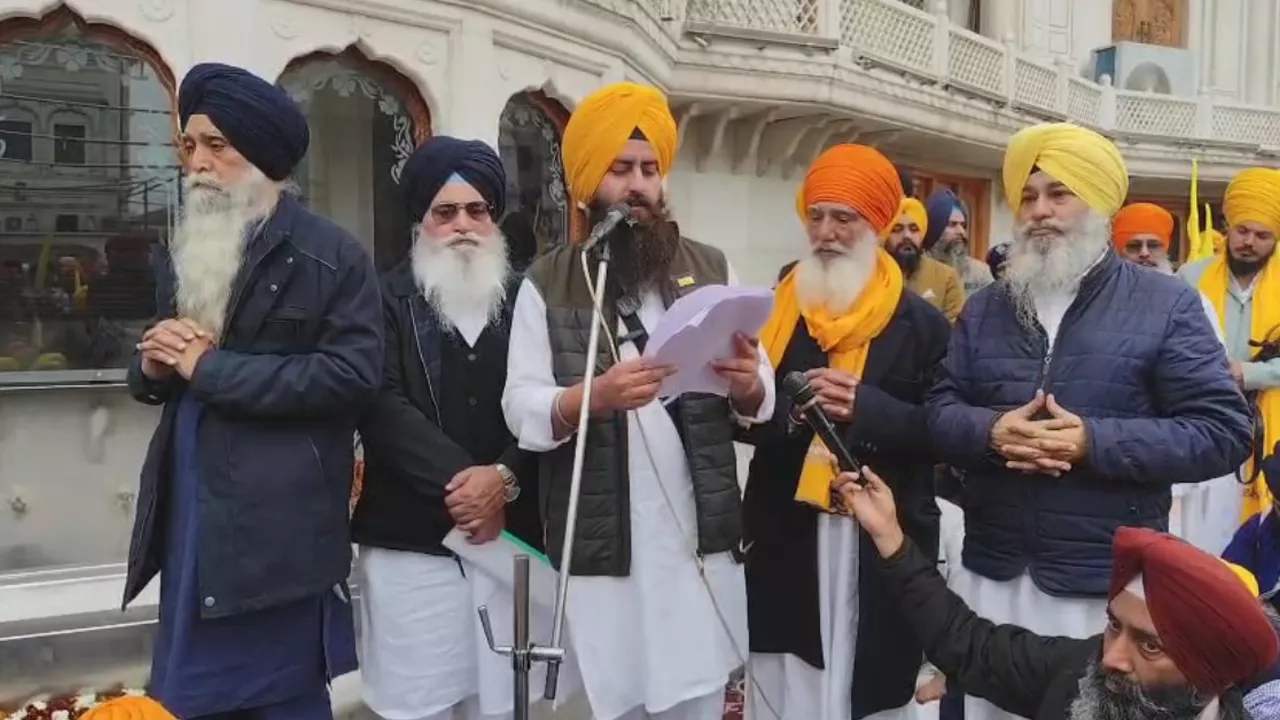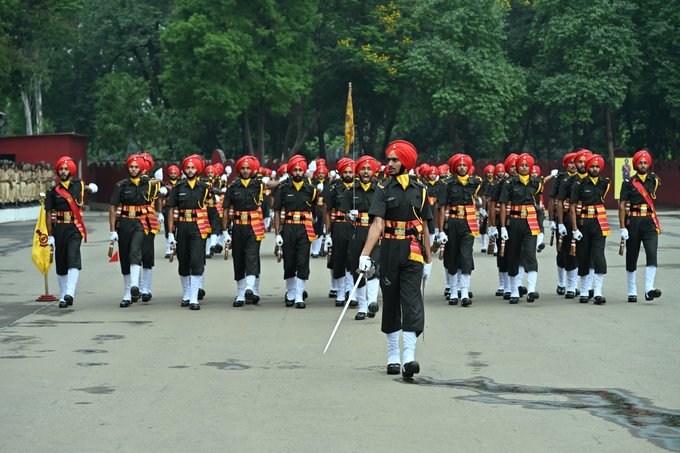The National Green Tribunal clarified its earlier 12 Aug orders that three major Common Effluent Treatment Plants (CETP) of dyeing units cannot release waste water into the Buddha Nullah. The Punjab Pollution Control Board had not enforced the orders. On 16 Dec, activists from the Kale Pani Da Morcha (Black Waters Front; KPDM) went to the Ludhiana Deputy Commissioner (DC) Jitendra Jorwal’s office and physically handed him the clarification to the orders. It must be noted that on 3 Dec—when KPDM and 23 organizations had gathered in Ludhiana to stop the discharge of waste water into the Buddha Nullah—the DC had promised to implement them within a week (SDW Vol 2, Issue 49, Story 4). Two weeks on, orders remain unimplemented. KPDM has announced if orders are not implemented soon, they will start a state-wide protest. The NGT has also decided to club all the petitions on Buddha Nullah and hear them together on 23 Dec. Meanwhile, on 14 Dec, in the Parliament, All India Congress Committee (AICC) general secretary, Kumari Selja, said that the water of Ghaggar river was neither fit for drinking nor irrigation. Against an acceptable Total Dissolved Solids (TDS) range of 150-300 mg/l for drinking water, the levels range from 198-1068 mg/l and 248-2010 mg/l in Haryana and Punjab, respectively. In another case, for almost a year now, sewage has been overflowing from a drain onto the Ambala-Chandigarh National Highway at Singhpura Chowk. The National Highway Authority of India officials have not taken any action against the culprits.


Like what you're reading? Subscribe to our top stories.
Liv Forum provides a digest of analysis on major issues facing Indian (East) Panjab and Sikhs globally.
In accordance with our Privacy Policy, we will never share or sell the information of our subscribers.






